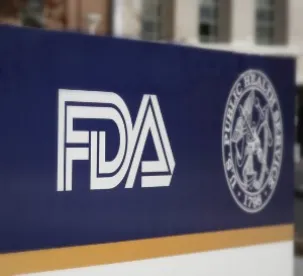Voluntary recalls are a key tool that the Food and Drug Administration (“FDA”), and FDA-regulated companies, use to protect public health. Voluntary recalls are also a corporate nightmare, and can be extremely taxing on supply chain relationships. For industries and products where recalls are common – such as food and drugs – supply chain partners should negotiate responsibility for recalls at the start of their relationship and be prepared to act quickly if a recall is initiated.
The Draft Guidance on Initiation of Voluntary Recalls Under 21 CFR Part 7, Subpart C (“Draft Guidance”) is the FDA’s most recent move towards updating the FDA recall process. In the FDA Statement announcing the Draft Guidance, the FDA explained that, once finalized, it “will provide industry with clear information on ways to prepare, plan, and work with the FDA to ensure voluntary recalls are initiated properly and promptly.”
The Draft Guidance provides recommendations related to training, record keeping, and recall procedures, and outlines specific steps that companies should take to be “recall ready.” These recommendations are structured as a Q & A, addressing four questions:
-
How should a firm in a product distribution chain prepare to facilitate timely initiation of a voluntary recall?
-
What should a firm do if there is an indication of a problem with a distributed product?
-
How should a firm initiate a voluntary recall?
- How does FDA work with a recalling firm to initiate a voluntary recall in a timely manner?
Public comments will be accepted until June 24, 2019. The Draft Guidance, including information for submitting comments, is located here.
The FDA recently issued another Statement “on steps to usher the U.S. into a new era of smarter food safety.” Pursuant to the 2011 FDA Food Safety Modernization Act (FMSA), the FDA has proposed and finalized regulations establishing “science- and risk-based standards for the production and transportation of domestic and imported foods.” Recognizing the new opportunities and risks presented by innovation and increasingly global distribution networks, the FDA has announced a “New Era of Smarter Food Safety” with a goal to augment FDA “efforts implementing important FSMA requirements while also leveraging . . . the use of new and emerging technologies.” As a first step, the FDA intends to create a “Blueprint for a New Era of Smarter Food Safety” that will include issues related to traceability, digital technologies, and evolving food business models.




 />i
/>i
